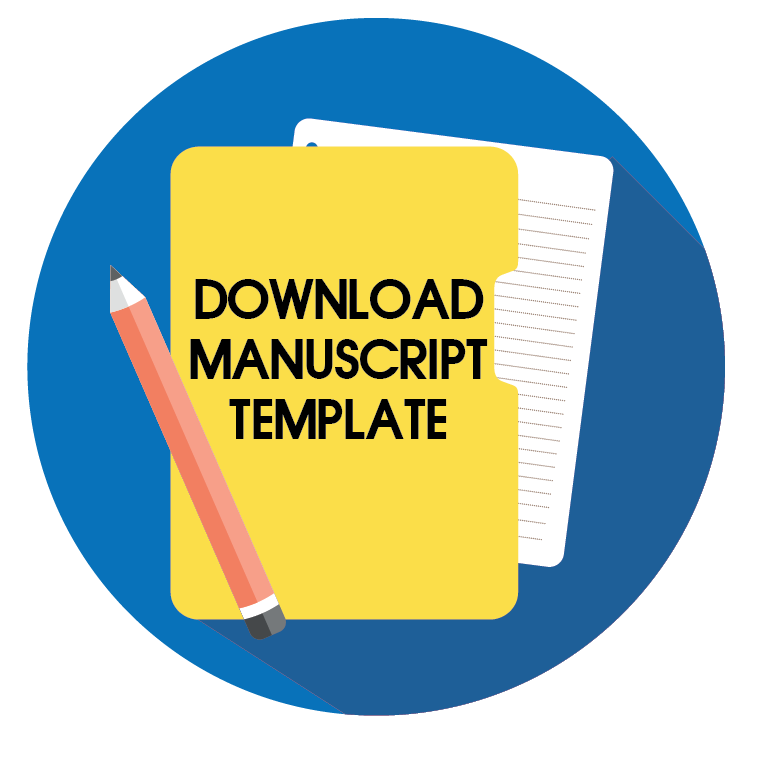Anteseden Cyberloafing pada Karyawan Perusahaan Start-up
Rahmatika Kurnia Romadhani, Program Studi Psikologi, Universitas Negeri Yogyakarta
Abstract
Keywords
Full Text:
PDFReferences
Askew, Kevin Landon. (2012). The Relationship Between Cyberloafing and Task Performance and an Examination of the Theory of Planned Behavior as a Model of Cyberloafing. (Disertasi doktor filosofi, University of South Florida, 2012).
Asosiasi Penyelenggara Jasa Internet Indonesia (APJII). (2018). Penetrasi & Profil Perilaku Pengguna Internet Indonesia. Jakarta: Polling Indonesia.
Blanchard, A. & Henle, C. (2008). Correlates of Different Forms of Cyberloafing: The Role of Norms and External Locus of Control. Computers in Human Behavior, 1067-1084.
Buckner, J., Castille, C., & Sheets, T. (2012). The Five Factor Model of Personality and Employees Excessive Use of Technology. Computers in Human Behavior, 1947-1953.
Carlson, D., Kacmar, K., & Williams, L. (2000). Construction and Initial Validation of a Multidimensional Measure of Work-Family Conflict. Journal of Vocational Behavior, 249-276.
Colquitt, J., LePine, J., & Wesson, M. (2015). Organizational Behavior. New York: McGraw-Hill Education.
De Jonge, Jan. (2011). DISQ 3.0 EN-Short: The DISC Questionnaire English Short Version 3.0. Netherland: Eindhoven University of Technology.
Donnellan, M., Oswald, F., Baird, B., et al. (2006). The Mini-IPIP Scales: Tiny-Yet-Effective Measures of the Big Five Factors of Personality. Psychological Assessment, 192-203.
Jia, H., Jia, R., & Karau, S. (2013). Cyberloafing and Personality: The Impact of the Big Five Traits and Workplace Situational Factors. Journal of Leadership & Organizational Studies XX(X), 1-8.
Li, S.-M. & Chung, T.-M. (2006). Internet Function and Internet Addictive Behavior. Computers in Human Behavior, 1067-1071.
Lim, V. (2002). The IT Way of Loafing on The Job: Cyberloafing, Neutralizing, and Organizational Justice. Journal of Organizational Behavior, 675-694.
Lim, V. & Chen, D. J. (2012). Cyberloafing at the Workplace: Gain or Drain on Work. Behaviour and Information Technology Vol. 31, Issue 4, 343-353.
Lim, V. & Teo, T. (2005). Prevalence, Perceived Seriousness, Justification and Regulation of Cyberloafing in Singapore an Exploratory Study. Information and Management, 1081-1093.
Matthews, G. (2008). Personality and information processing: A cognitive-adaptive theory. In G. J. Boyle, G. Matthews & D. H. Saklofske (Eds.), The SAGE Handbook of personality theory andassessment. Volume 1: Personality theories and models (pp 56-79). Thousand Oaks, CA: Sage.
Ozler, D. E., & Polat, G. (2012). Cyberloafing Phenomenon in Organizations: Determinant and Impacts. International Journal of eBusiness and eGovernment Studies, 4 (2) 1-15.
Perdani, M. D., Widyawan, & Santoso, P. I. (2018). Faktor-faktor yang Mempengaruhi Pertumbuhan Startup di Yogyakarta. Seminar Nasional Teknologi dan Komunikasi , 337-349.
Rajah, R., & Lim, V. K. (2011). Cyberloafing, Neutralization, and Organizational Citizenship Behavior. Pacific Asia Conference on Information Systems (PACIS), 152.
Ries, E. (2018). The Lean Startup (Republish). Yogyakarta: Bentang Pustaka.
Schaufeli, W. & Bakker, A. (2004). Job Demand, Job Resources, and Their Relationship with Burnout and Engagement: a Multi-sampel Study. Journal of Organizational Behavior, 293-315.
Setiawati, F. A. (2017). Statistika Terapan. Yogyakarta: Parama Publishing.
Tresyagati. (2014). Hubungan Dimensi Kepribadian Big Five dengan Perilaku Minor Cyberloafing. Skripsi psikologi, Universitas Sumatera Utara.
Van Doorn, O. N. (2011). Cyberloafing: A Multi-dimensional Construct Placed in a Theoretical Framework. Tesis master, Eindhoven University of Technology.
Young, K. (2010). Policies and Procedures to Manage Employee Internet Abuse. Computers in Human Behavior, 1467-1471.
Yudhanto, Y. (2018). Information Technology Business Start-Up. Jakarta: PT. Elex Media Komputindo.
DOI: https://doi.org/10.21831/ap.v2i2.35104
Refbacks
- There are currently no refbacks.

This work is licensed under a Creative Commons Attribution-NonCommercial-ShareAlike 4.0 International License.
Our Journal is Indexed by:

Acta Psychologia is licensed under a Creative Commons Attribution-ShareAlike 4.0 International License.
Based on a work at https://journal.uny.ac.id/index.php/acta-psychologia/.




